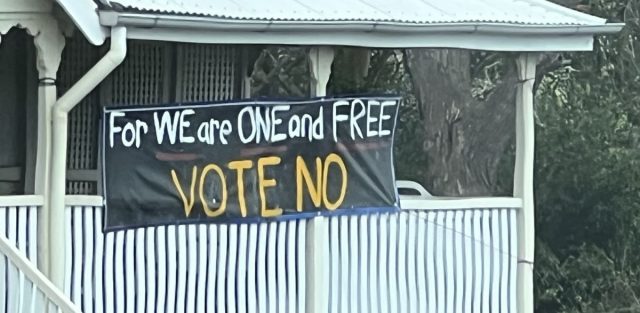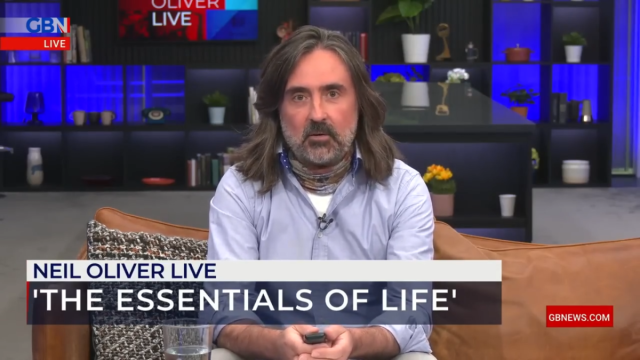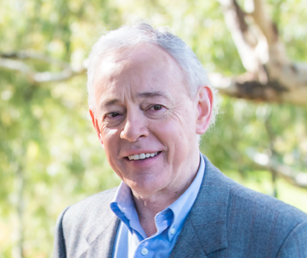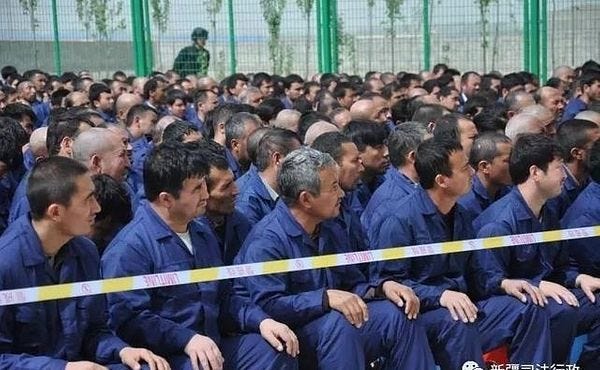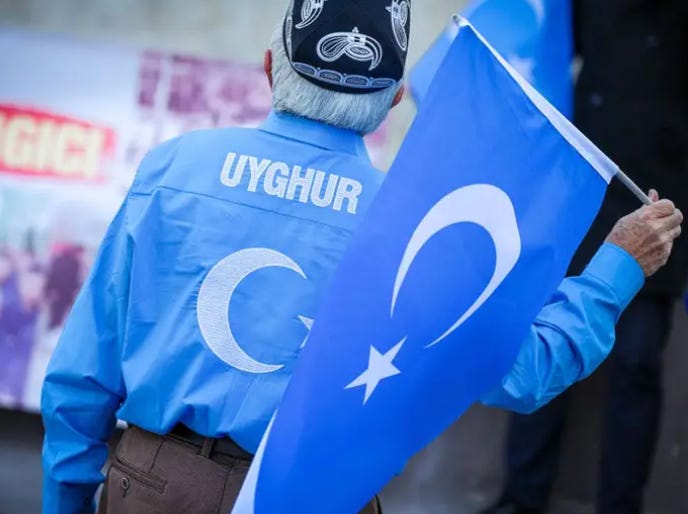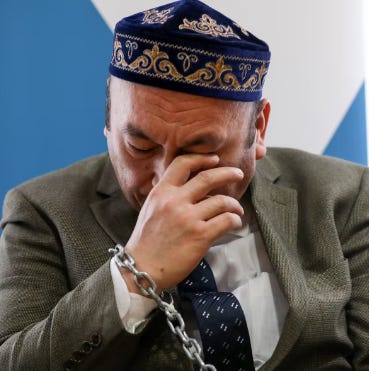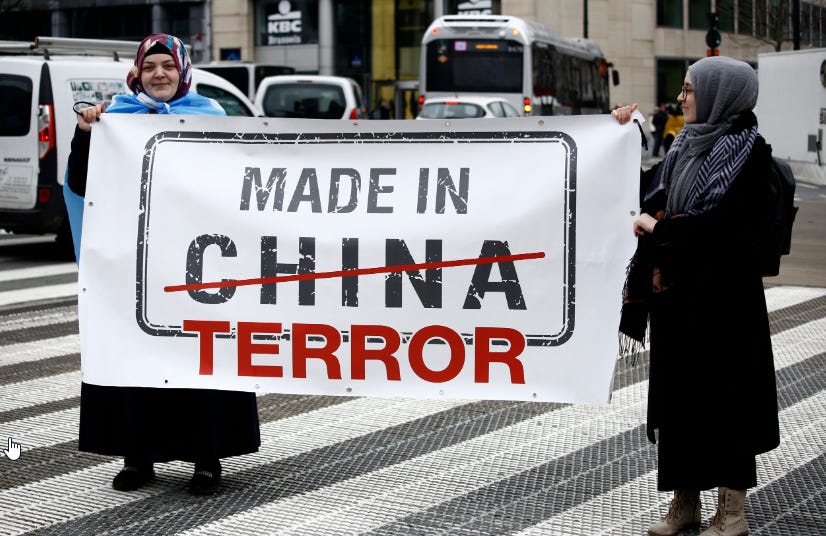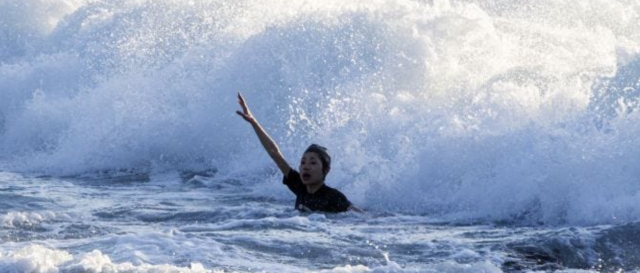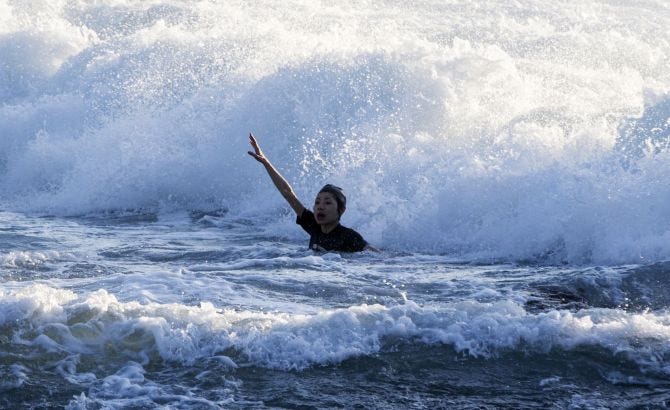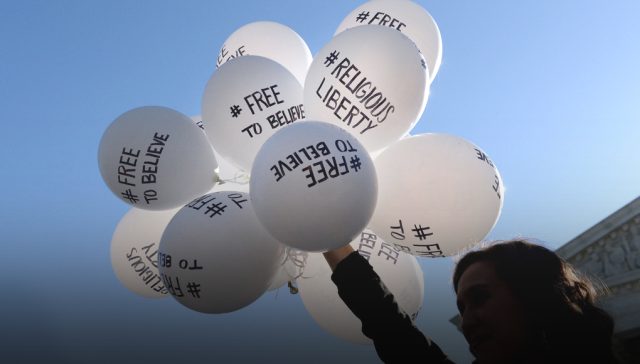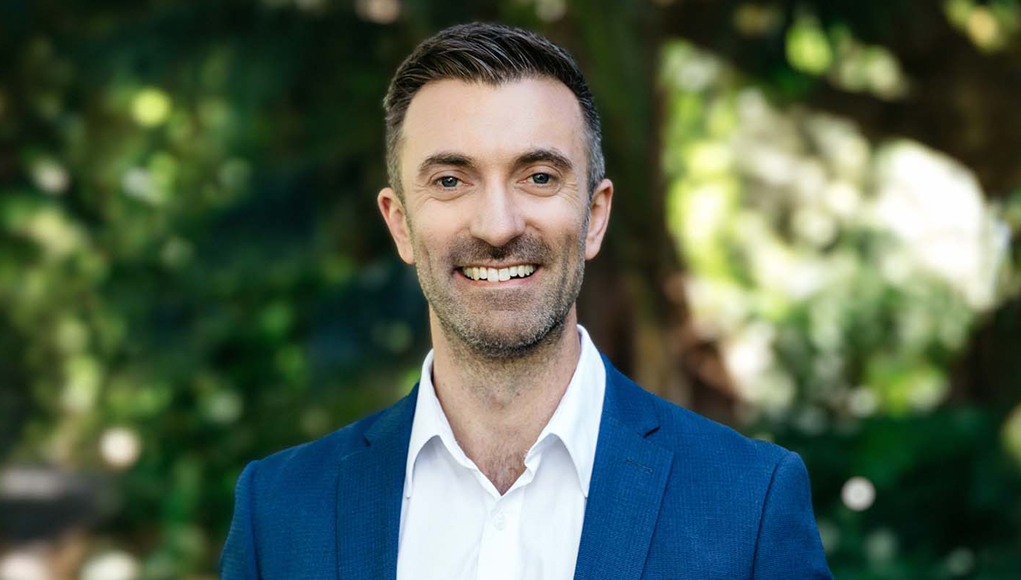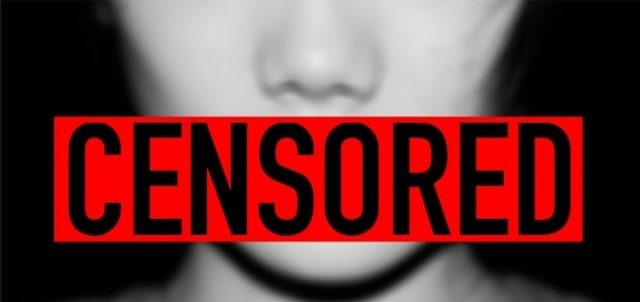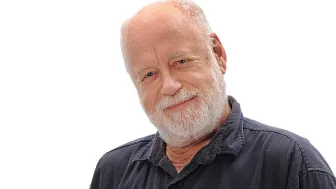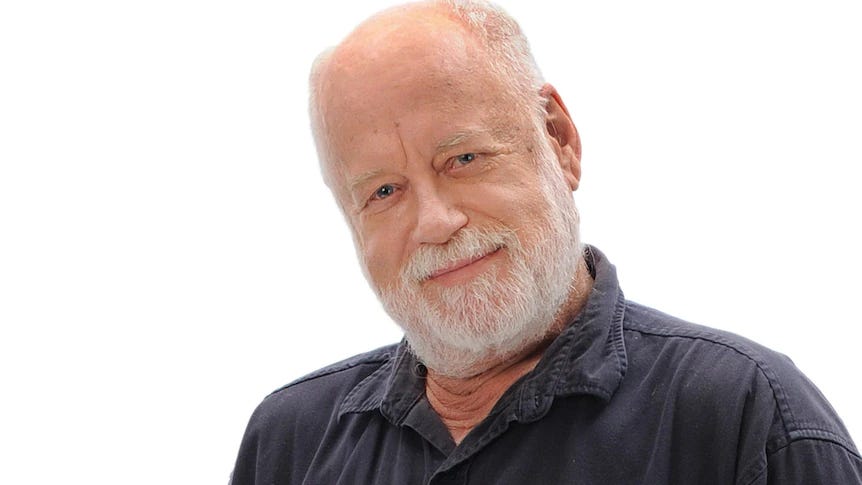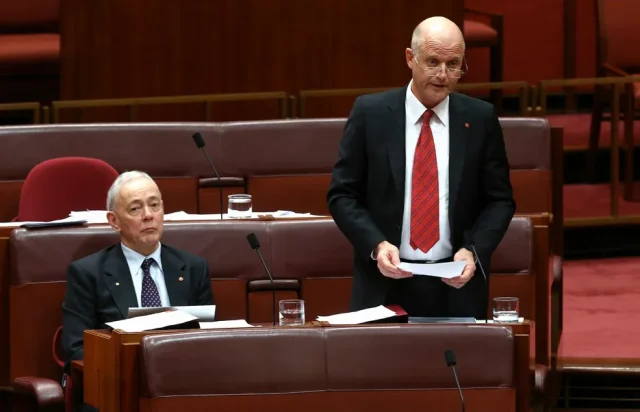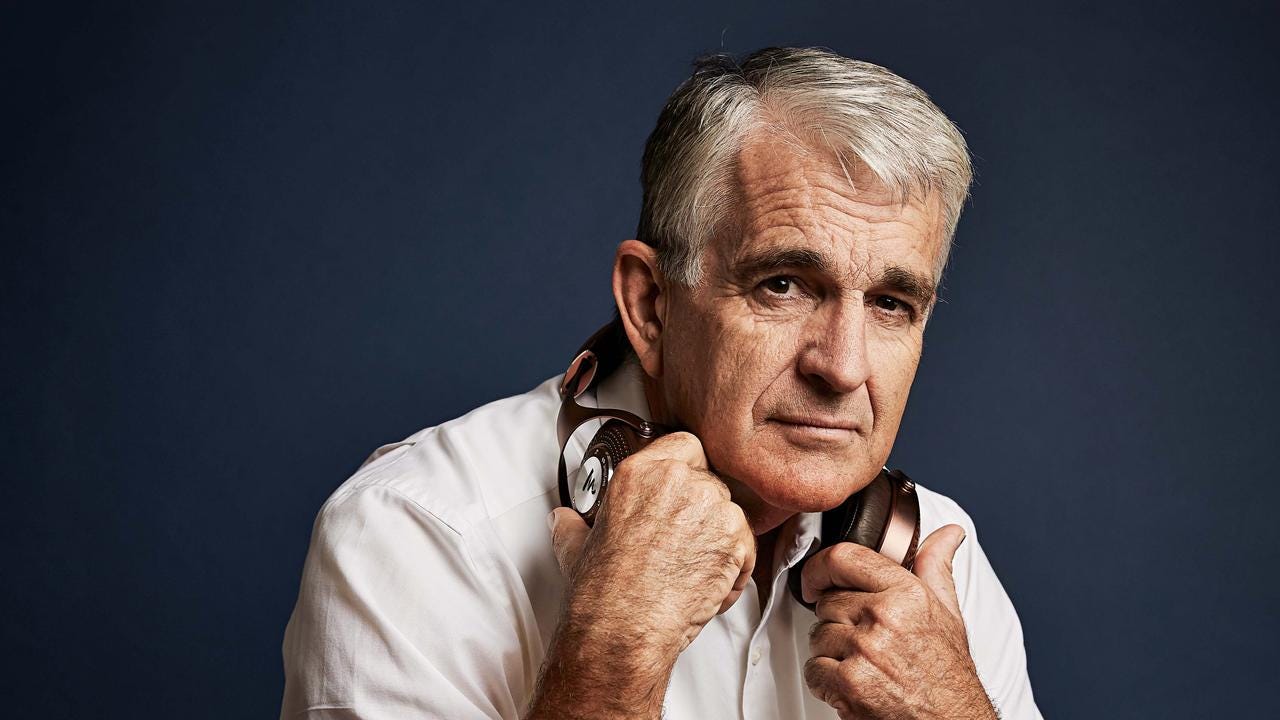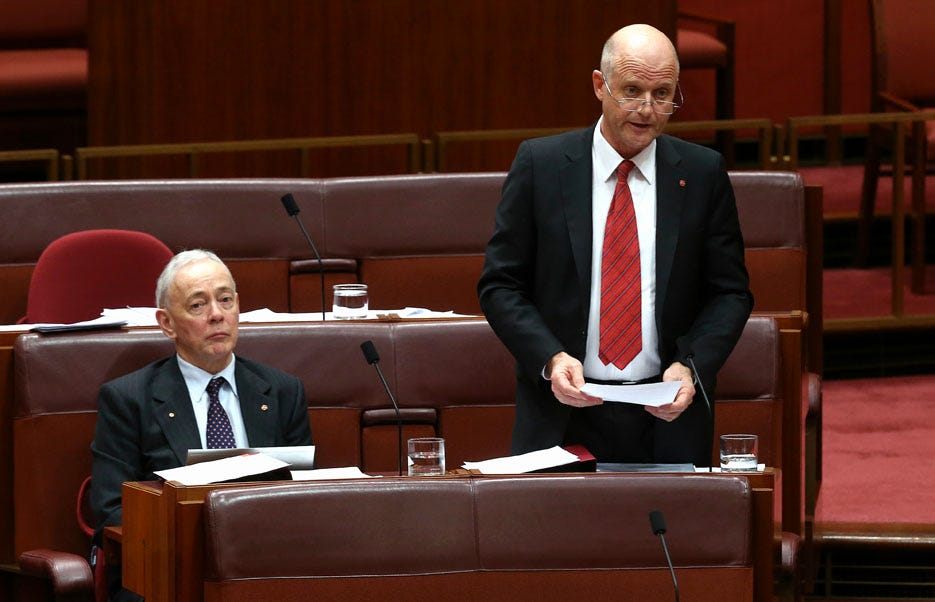A Chinese Australian’s Voice: NO
As a Chinese Australian who has called this nation home for the past 11 years, I am compelled to vehemently oppose the Voice referendum. The decision, for me, feels instinctive but is rooted in principles and values deeply ingrained in my perspective as a new migrant.
In Upholding the Principle of Anti-Racism
While society, media, and certainly politicians discuss “racism” all the time, few define racism clearly and unequivocally. Racism fundamentally involves treating individuals differently based on their race, often rooted in beliefs of inherent superiority or inferiority. While the Voice is claimed to rectify historical and systemic racial disparities, it’s very crucial to scrutinise its potential unintended consequences.
… anyone who pretends the Voice has nothing to do with the treaty is either being blindly naïve or being inherently evil.
A referendum of this kind can (and may have already) sow division in society. Granting privileges to specific racial groups always leads to unnecessary racial tensions. And even if Aboriginals benefit from the constitutional changes, relying on race-based policies risks entrenching the harmful notion that these groups cannot thrive without special provisions.
Race-embedded policies, though meant to address racial disparities, can ironically perpetuate longstanding racism.
In Respecting the Gravitas of the Constitution
The constitution of a nation is far more than just another piece of written legislation. Serving as a testament to a nation’s historical foundation and its future ambitions, it is the bedrock upon which a nation is built. It has a pivotal role, designed to withstand the test of time, offering consistent guidance to each generation, helping them navigate evolving challenges while staying true to foundational principles.
Considering the profound weight the constitution carries, any proposed alterations should be approached with the utmost caution and reverence. Changes shouldn’t merely reflect temporary sentiments or transient political inclinations, but should genuinely resonate with core principles that, in my view, should be rooted in the rights to life, liberty, and property.
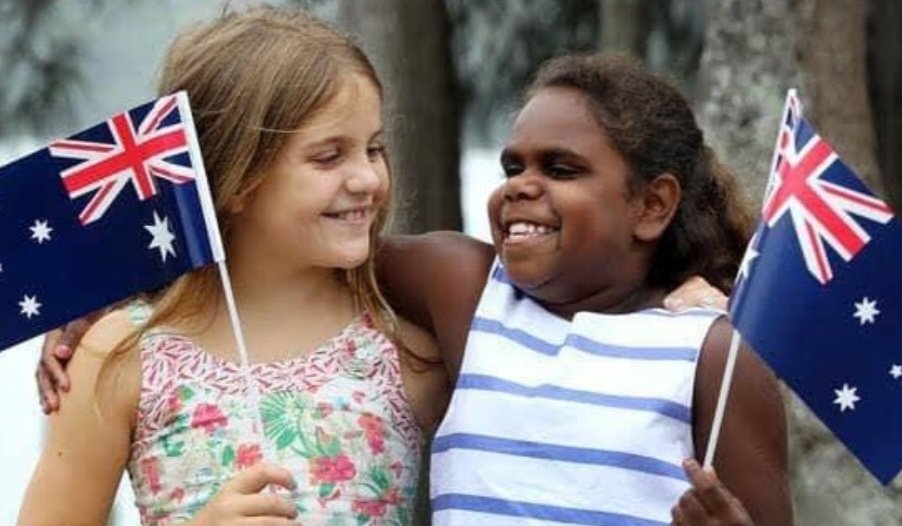
In Understanding the Core of the Voice
The Voice has been portrayed as a benevolent change for Aboriginal communities—a gesture of goodwill or, minimally, a harmless addition. Many Chinese migrants I’ve spoken with initially responded, “I might vote ‘yes’, as it benefits the disadvantaged.” However, a deeper exploration of the Voice’s implications reveals strong reasons to reconsider.
While the Voice undeniably stems from the Uluru Statement, it doesn’t exist in isolation. Historically, discussions about the Voice have invariably been linked with a Treaty. Noel Pearson, a primary architect of the Voice, has emphatically stated, “Treaty door is the second door. The first door is constitutional enshrinement.” He further clarified, “The first precondition to treaty is Voice, a voice to negotiate treaty, it’s common sense.” Another significant contributor to the Voice, Marcia Langton, noted, “The Uluru Statement states two broad objectives… Voice and a Makkaratta [Treaty] Commission.”
So, what does this treaty entail? What discussions surround it? And how might the “pay the rent” concept be realised? The Albanese government would prefer us to overlook the treaty, asserting the referendum is unrelated. However, anyone who pretends the Voice has nothing to do with the treaty is either being blindly naïve or being inherently evil.
Simply Put, I Don’t Give A F*ck
Australia, for millions of migrants, stands as a beacon of Western civilisation, radiating values of democracy, rule of law, and individual liberties. These values, which neither directly nor indirectly relate to Aboriginal culture and history, draw countless individuals to its shores, searching for a better life and a better future.
There were times when I found myself disillusioned with Australia, particularly during the severe and arbitrary lockdowns and mandates during the COVID era. However, on balance, Australia has afforded me more than I ever dreamed. Australia is rife with opportunities, and I’ve witnessed countless individuals, from diverse backgrounds, flourish here, be they white-collar professionals, blue-collar workers, or entrepreneurs. It’s this spirit of perseverance and ambition that should define our nation, rather than any identity politics and its policies.
Racism fundamentally involves treating individuals differently based on their race, often rooted in beliefs of inherent superiority or inferiority.
As an immigrant, I don’t give a f*ck about policies that purport to help but in fact only bloat the bureaucracy and strain the social fabric. Australia already has a heart, while numerous non-profits, businesses and churches extend aid to those genuinely in need. While assistance is needed, we must recognize a fundamental truth: nations, communities, and individuals grow not through handouts, but through resilience, hard work, and self-determination.
In summary, given all the factors mentioned earlier, casting a ‘no’ vote against a divisive and racially-biased alteration to the constitution would be the appropriate course of action.
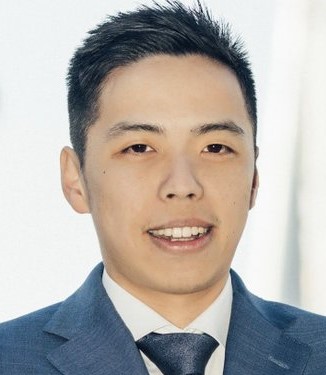
Warren escaped Communist China a decade ago to pursue education in Australia. Now a finance businessman, he passionately defends libertarian freedoms. Vigorously opposing COVID lockdowns and mandates, Warren champions traditional Western liberties, hoping Australia avoids becoming the repressive nation he left behind.






